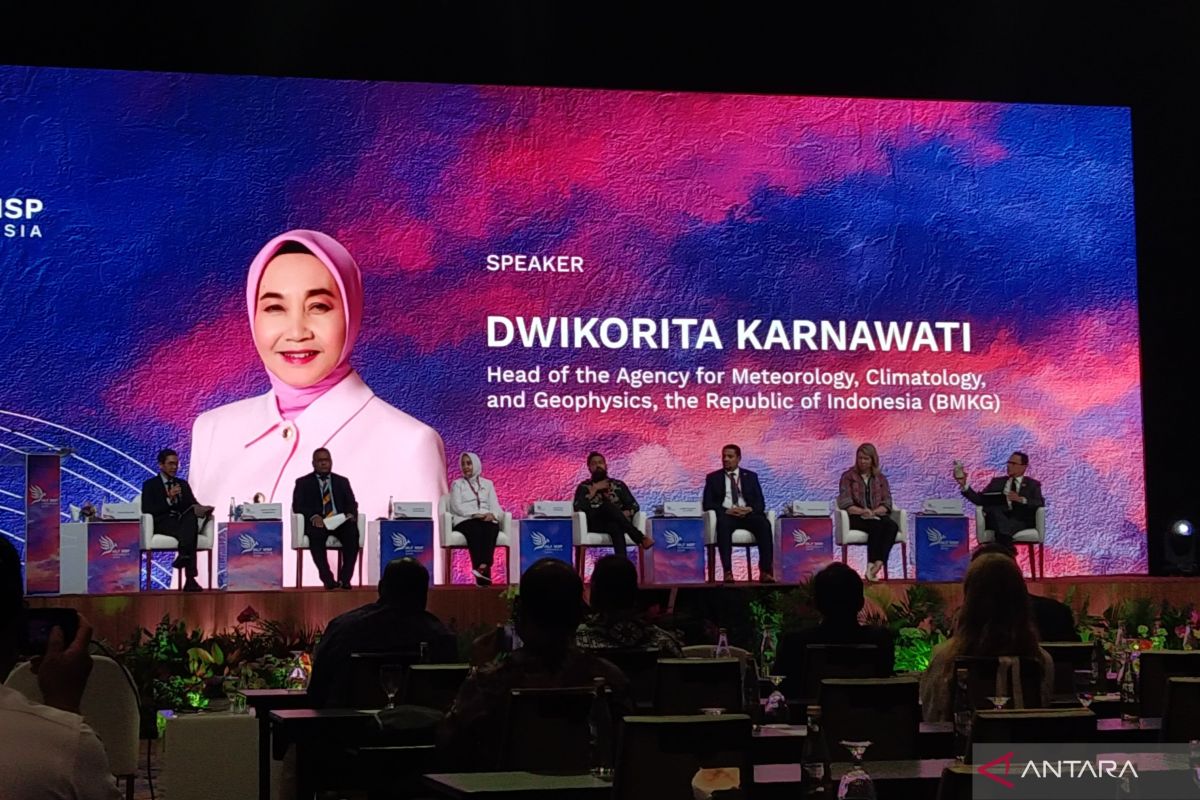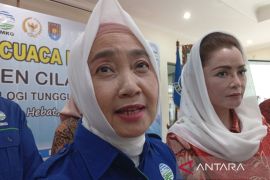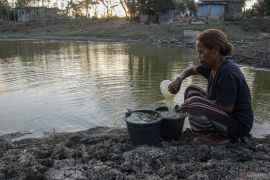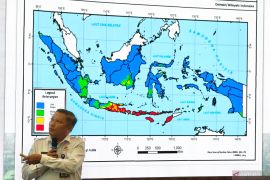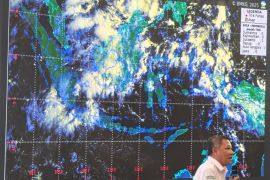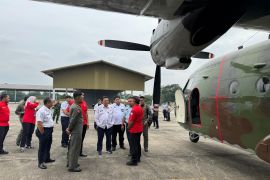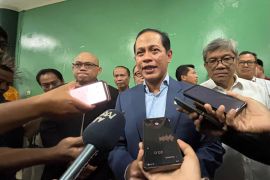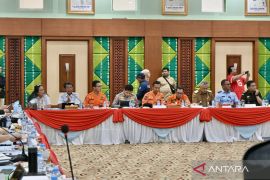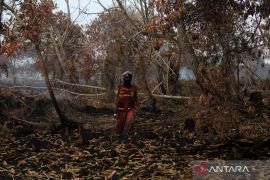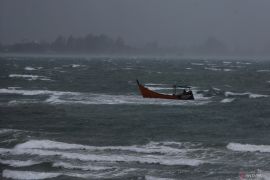"There must (be) a holistic approach when talking about the rising sea level," BMKG head Dwikorita Karnawati said during a panel discussion at the Indonesia-Africa Forum and High-Level Forum on Multi-Stakeholder Partnerships here on Tuesday.
Over the past decade, that is, between January 2014 and December 2023, sea levels in Indonesia, which includes the western Pacific region, rose 10 millimeters (mm) per year on average.
The increase was much higher than the global average of 4.7 mm per year.
"This is very serious for Indonesia, and that is even without considering land subsidence and other things," she added.
There was an average rise of 2.13 mm per year in global sea levels between 1993 and 2002 and 3.33 mm per year in 2003–2012, she noted.
To tackle rising sea levels, her agency has conducted training not only within Indonesia, but also in countries in the Pacific region since 2018.
The training covered forecasting weather dynamics, risks of tsunamis, coastal security, disaster risk assessment, and early warning systems.
It was held in Papua New Guinea, Tonga, and the Solomon Islands.
In addition to South-South cooperation, Karnawati also emphasized the importance of standardized monitoring of the sea level rise measurement system.
Climate change has triggered a rise in sea levels, in addition to other phenomena such as extreme temperature and weather of higher frequency and longer duration, she noted.
She also called for applying science-based approaches and ensuring community readiness to take early action against disasters.
Related news: Indonesia encourages AALCO members to address sea level rise
Related news: Indonesia urges world to unite in facing sea-level rise
Translator: Dewa W, Kenzu
Editor: Rahmad Nasution
Copyright © ANTARA 2024
